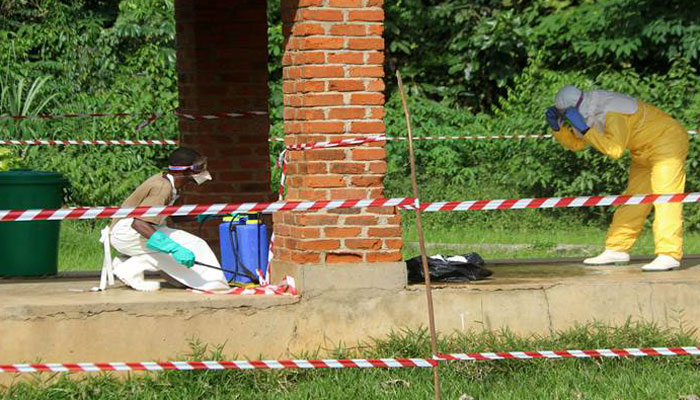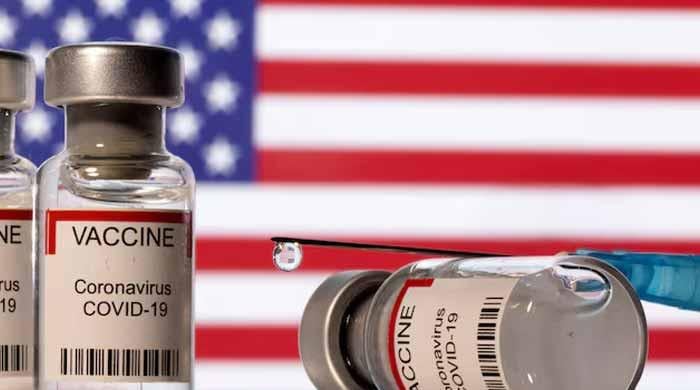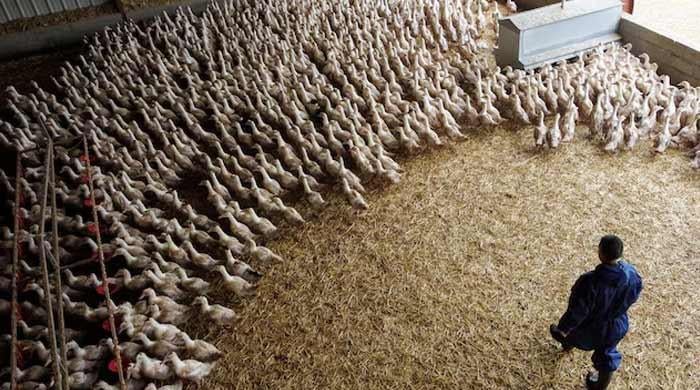Congo, UN deploy specialists to tackle Ebola epidemic
Congo first reported the outbreak, centered around the village of Ikoko Impenge, near the town of Bikoro, on Tuesday
May 13, 2018

KINSHASA: The Democratic Republic of Congo and United Nations agencies began deploying emergency teams of specialists over the weekend to try to prevent the spread of an Ebola epidemic suspected to have infected more than 30 people, they said on Sunday.
The latest suspected case was reported on Friday in the northwestern province of Equateur, which Health Minister Oly Ilunga Kalenga visited on Saturday with officials from the World Health Organisation (WHO) and UN Children’s Fund (UNICEF).
“We have to pool our efforts quickly and align ourselves with the government response plan to fight this new epidemic effectively,” Kalenga was quoted as saying in a joint statement following their visit to the state capital.
Congo first reported the outbreak, centered around the village of Ikoko Impenge, near the town of Bikoro, on Tuesday, with 32 suspected, probable or confirmed cases of the disease, including 18 deaths since April 4. Some deaths occurring as early as January have not yet been linked to the epidemic.
Officials are racing to prevent the virus from spreading out of control, as happened in West Africa from 2014-216, when Ebola killed more than 11,300 people in Guinea, Sierra Leone and Liberia.
The WHO was criticized for bungling its response to that epidemic, and so has moved quickly.
Congo had suffered eight Ebola epidemics previous, but owing to remote geography and poor transport links they have tended to fizzle out rather than spread to become a national crisis.
But this epidemic’s proximity to the Congo River, a major transport route and lifeline both to Congo’s capital Kinshasa and to neighboring Congo Republic’s capital Brazzaville, makes it more likely the virus could break out into a wider area.
The disease — most feared for the internal and external bleeding it can cause in its victims owing to damage done to blood vessels — has already spread to three separate locations covering 60 km (37 miles) or more in Equateur province.
Officials say the immediate risk is to the provincial capital Mbandaka, with about 1 million inhabitants, but Congo’s nine neighbors have also been put on high alert in case Ebola crosses a border, especially to Republic of Congo or Central African Republic.
“The WHO is strengthening its presence, positioning a dozen epidemiologists who will be divided on the axes of Mbandaka, Bikoro and Iboko to investigate alerts,” its Congo representative Allarangar Yokouide said.
The WHO said on Friday it hopes to deploy an experimental Ebola vaccine to tackle an outbreak.









